Words are powerful - we all know and have experienced that fact. They are creative - it is interesting that the Bible says that God spoke and the world was created. Whatever your position on faith, for a very long time the creative space that words influence has had it’s effect upon us. So why do we use them so carelessly or, worse, intentionally destructively?
Another thing that is generally agreed upon is that we respond better to encouragement than judgement - the carrot rather than the stick. By and large people (and animals) are eager to please and want to do well. We want to please those we love and do well in our jobs. So I wonder why we have media communication that always seems to look at the worst possible scenarios of any situation. Why do news interviewers drill and goad ministers and experts to ‘admit’ that the worst might happen. This results in fear, disillusionment and disempowerment - and that makes us less effective.
So here’s a very simple thing that might help to bring some positivity into your day (taken from a talk by Tina Brigley): When you are feeling like you have to do something that you are not keen on, replace I’ve Got to with I GET to. Example: I loathe housework but I’ve GOT to do it because I don’t like my home messy. When I say I GET to do housework I have a whole new perspective = I’m fortunate to have a house to clean. I’m not keen on writing policies but they have to be done; so I GET to do them and thereby ensure that there is clarity in the workplace for my colleagues about health & safety or maternity leave etc., etc.
Have a go - what have you GOT to do today that can be positively reframed when you GET to do it? Let me know.
